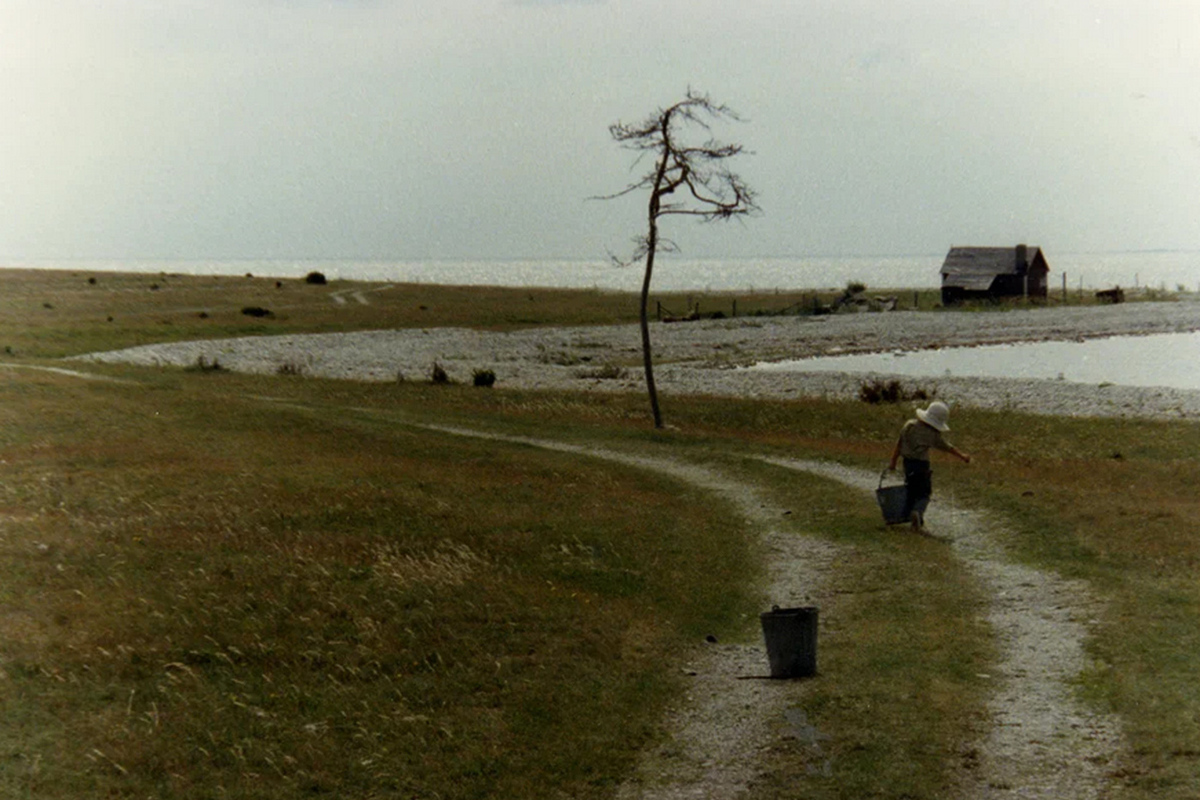Andrei Tarkovsky’s masterpiece, edited after chemotherapy, will be shown at the Berlin Film Festival
[ad_1]

“Sacrifice” will be presented by the Swedish Film Institute
In the program of the 74th Berlin Film Festival, which will be held in February 2024, a restored copy of Andrei Tarkovsky’s film “Sacrifice” will be shown in the Berlinale Classics section.
This is the last picture of the outstanding Soviet and Russian director, shot by him in Sweden and edited in 1986 during a period of serious illness. Tarkovsky was then 54 years old. He underwent chemotherapy and completed work on the film while in bed under the supervision of doctors.
The action of “Sacrifice” takes place at the time of the Apocalypse, at the time of the nuclear threat and the destruction of all life. “I wanted to show that a person can restore his connections with life by renewing the foundations on which his soul is based,” wrote Tarkovsky. He believed that every generation must make a sacrifice in relation to its children, sacrifice itself.”
The restoration in 4K was carried out by the Swedish Film Institute, preserving the color scheme of the picture, black and white fragments and sepia – the effect of using brown shades.
Film critic and biographer of Tarkovsky Olga Surkova, who has lived in the Netherlands for many years, was the first listener to the script for “Sacrifice.” According to her, at the time when Tarkovsky was dying and perestroika began, he was invited to return to Moscow. She told MK how difficult it was to create “Sacrifice,” how the partners refused to participate in the film, and how at a dramatic moment it was picked up by the oldest French company Gaumont. If this had not happened, the painting might have stopped. The Swedish Film Institute kept asking Andrei to shorten the film, and he answered: “Do you want a film at all or a Tarkovsky film?”
The Berlinale Classics program also includes early silent films by German director Ernst Lubitsch, including his 1920 film The Daughters of Colchisel. They will also present “Faster, Quicker” by the Spanish classic Carlos Saura, filmed in 1981. The director himself left this world in February 2023, when he was 91 years old.
Martin Scorsese himself took part in the restoration of the film After Hours, shot in 1985, and provided additional materials on 35 mm film. At the Berlinale he will receive the Golden Bear for achievements in cinema.
This year marks the 70th anniversary of Ishiro Honda’s Godzilla, and this film in its black and white version will also be presented in the Berlin classics program. The restoration was carried out by TONO Archive Co. Ltd. At the TOHO studio of the same name, “Godzilla” was once created, the cult of which is still alive in Japan, and at the entrance visitors are greeted by the figure of a giant monster. The film tells about the end of World War II and what happened to the world after the fall of atomic bombs on Hiroshima and Nagasaki.
[ad_2]
Source link






